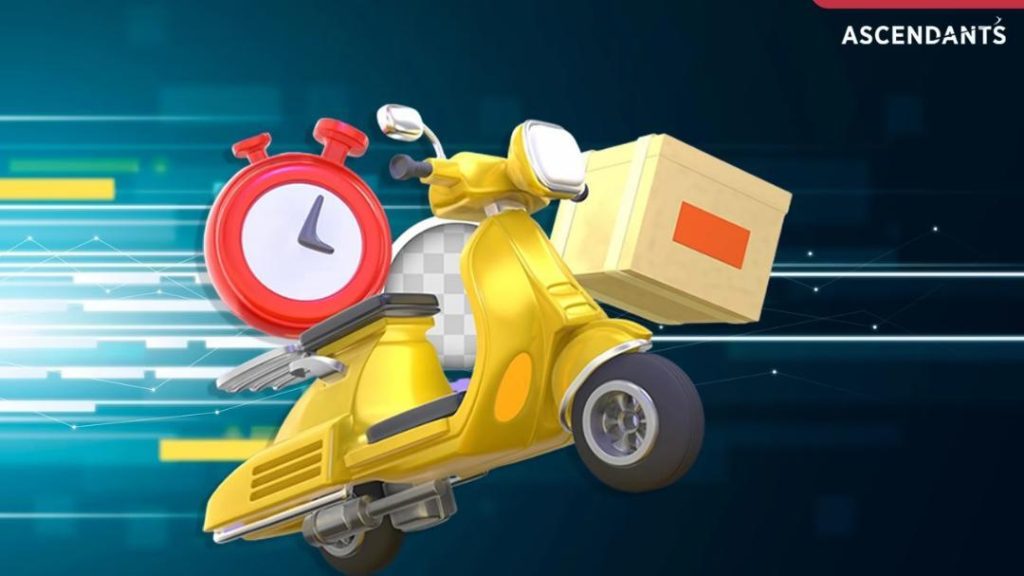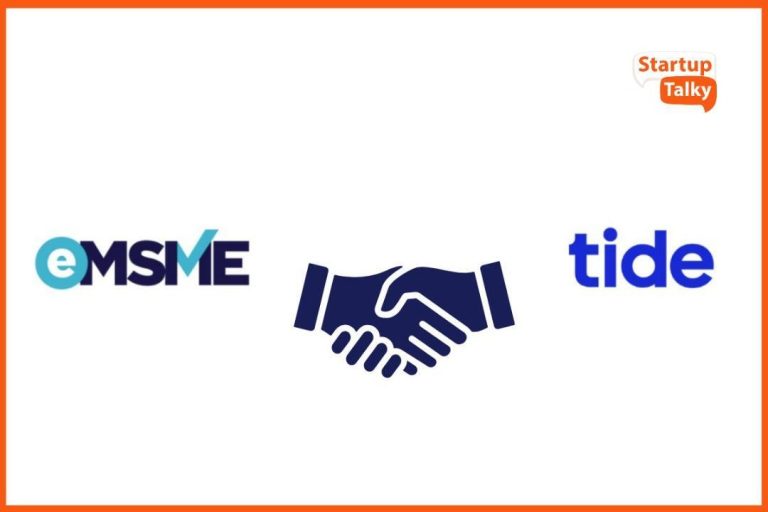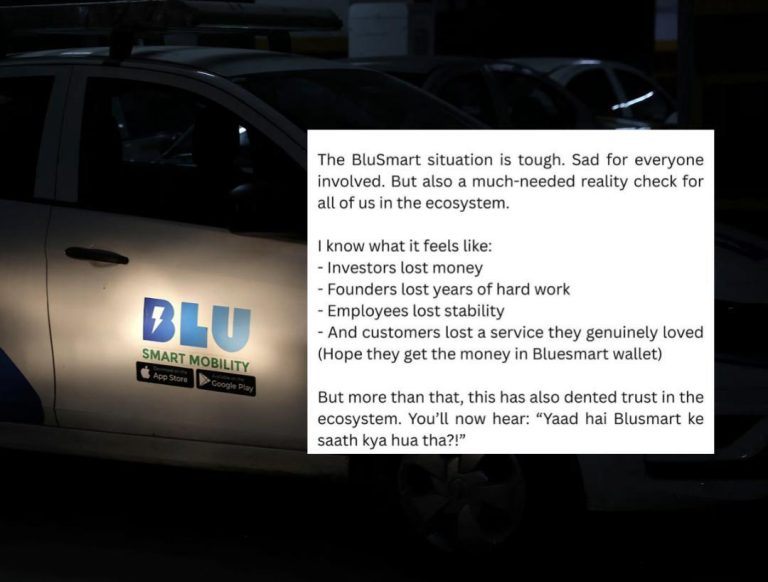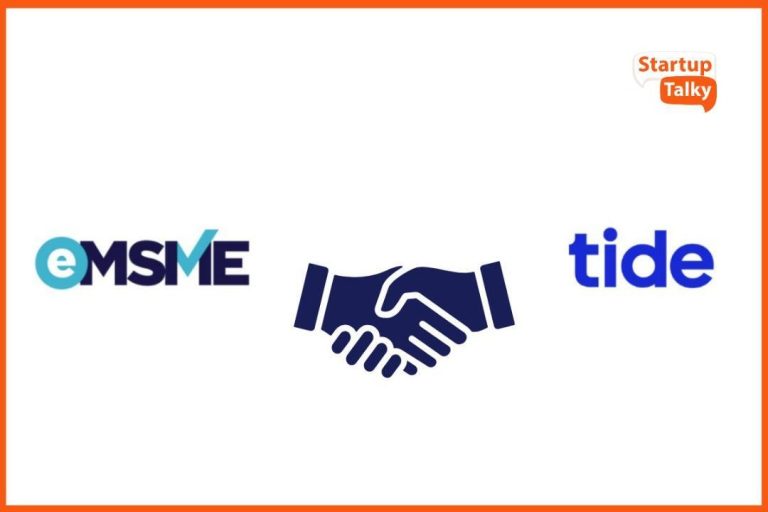
India’s New Obsessions: Quick Commerce & Short Drama Apps
The digital landscape in India is witnessing a significant shift, with quick commerce and short drama apps emerging as the new obsessions of urban Indians. The meteoric rise of these platforms has not only transformed the way we consume goods and services but also the way we spend our leisure time.
Quick Commerce, a relatively new concept, has taken the country by storm, with the industry crossing a staggering ₹7,500 crore in FY24. What’s more astonishing is that 68% of metro users are ordering at least twice a week, indicating a deepening reliance on these platforms. The rapid growth of quick commerce can be attributed to the increasing demand for convenience and speed in today’s fast-paced life.
The key players in the quick commerce space, such as Zomato, Swiggy, and Dunzo, have been at the forefront of innovation, introducing features like instant delivery, real-time tracking, and personalized recommendations to keep users engaged. These platforms have not only disrupted the traditional e-commerce model but also created new opportunities for small and medium-sized businesses to reach a wider audience.
The rise of short drama apps, on the other hand, has been nothing short of phenomenal. With 300 million users in 2025, a 40% increase from 2023, these apps have become a staple of urban entertainment. The ad revenue generated by these apps has also seen a significant surge, hitting ₹2,000 crore in 2024.
Short drama apps, such as Moj, Josh, and Roposo, have revolutionized the way we consume content. These apps offer bite-sized, engaging, and often humorous content that is designed to be consumed on-the-go. The popularity of these apps can be attributed to the increasing demand for short-form content, which is easily digestible and requires minimal commitment.
One of the key factors driving the success of these apps is their ability to personalize content for users. Using advanced algorithms, these apps curate content that is tailored to individual preferences, ensuring that users are presented with content that resonates with them.
Another significant factor is the speed at which content is delivered. Short drama apps have mastered the art of creating content that is quick, engaging, and easily consumable. This has led to a significant shift in the way we consume entertainment, with users opting for short-form content over longer formats like TV shows or movies.
The impact of these trends on consumer behavior is significant. With quick commerce, consumers are increasingly demanding speed, convenience, and personalization. This has led to a shift towards online shopping, with many users opting for the comfort and convenience of ordering from the comfort of their homes.
Similarly, the rise of short drama apps has led to a change in the way we consume entertainment. Users are now opting for bite-sized content that is easily digestible and requires minimal commitment. This has led to a proliferation of short-form content creators, who are producing high-quality content that is engaging and entertaining.
In conclusion, the trends of quick commerce and short drama apps are redefining urban India’s digital habits. The speed, convenience, and personalization offered by these platforms have created a new normal, with consumers demanding more from their online experiences.
As delivery platforms and content apps continue to innovate, it will be interesting to see how consumer behavior evolves. One thing is certain – the future of digital consumption in India is bright, and the trends of quick commerce and short drama apps are set to shape the way we live, work, and play.




